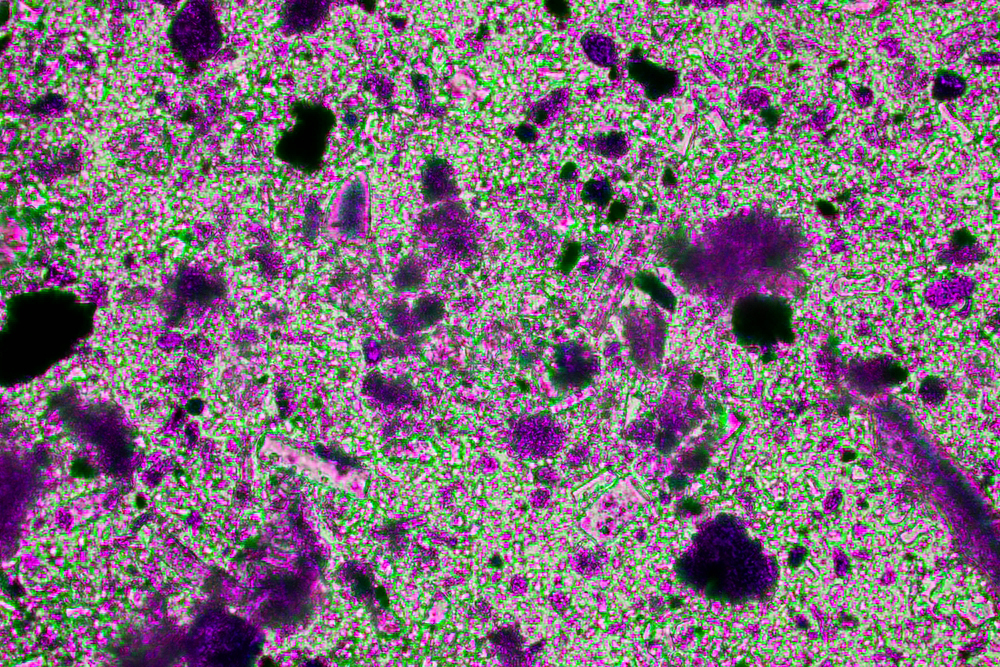Precision optics are critical in furthering scientific discoveries by bridging the gap between fundamental research and novel applications. High-quality optical components provide the accuracy and reliability required for significant discoveries in physics, biology and engineering. Precision optics has evolved from simple observations to intricate light manipulations, making it an indispensable tool in academic study.
The Value of Precision in Optics
Precision optics refers to the carefully built components that control, alter, or measure light with exceptional precision. Even minor optical flaws in academic research can result in data inaccuracies, lowering overall study quality. With an increasing demand for advanced optical systems, providing the greatest level of precision in lenses, prisms, filters and windows is crucial to the success.
Applications of Precision Optics in Academic Research
Optical components are at the heart of many research disciplines, including physics, chemistry, biology and engineering. UQG Optics, a leading supplier of precision optics to universities and research laboratories worldwide, supports a diverse range of applications:
Microscopy

Advanced optical lenses, slides and filters are crucial for microscopy techniques, allowing researchers to observe biological samples with unparalleled clarity.
Spectroscopy

Filters and prisms enable researchers to analyse the light spectrum, making it possible to study chemical compositions and molecular structures in fields such as chemistry and materials science.
Laser Research

Optical mirrors, lenses and windows are key components in laser systems, which are used in cutting-edge research, including quantum computing and materials processing.
Astronomy

High-quality optical mirrors and prisms are vital for astronomical research, enabling the exploration of distant galaxies and celestial phenomena.
The Role of Optics in Advancing Science
Precision optics are not just tools for discovery; they are the foundation for innovation. In many fields, breakthroughs in optical technology have paved the way for new advancements in academic research.
For example, in nanotechnology and quantum mechanics, the precise control of light is essential for manipulating particles at the atomic level. Similarly, in biomedical imaging, optics have revolutionised the ability to study tissues and cells in greater detail, leading to innovations in diagnostics and treatment.
UQG Optics offers a wide range of optical components designed to support this spectrum of research. Our products, such as UV coverslips, fused quartz microscope slides and Schott longpass filters, are tailored for the specific needs of academic institutions.
Each component can be customised to meet the exacting standards required by researchers, ensuring that accuracy and precision are never compromised.
UQG Optics’ Contribution to Research
UQG Optics has a long-standing history of supplying universities and research institutions with high-grade precision optics. Their components are used not only in fundamental research but also in applied research within fields such as medical and pharmaceutical sciences, where precision is critical.

The company’s commitment to customisation is another key factor in its success. Researchers often require optical components with unique specification and UQG provides the flexibility to meet these demands. Their technical team offers support and advice on material selection and optical coatings, ensuring researchers can choose the most suitable components for their projects.
Popular products in university research include:
- Right-angle prisms for beam steering
- Neutral density filters for controlling light intensity
- Fused quartz coverslips for microscopy
- BK7 plano convex lenses for focusing light with minimal distortion
Challenges in Precision Optics for Research
While precision optics offer immense value to academic research, there are challenges associated with their use. One of the primary considerations is the cost of high-quality optics. For many research projects, budgets are tight and the need for reliable, yet affordable components is paramount.
UQG Optics addresses this challenge by offering a variety of standard and customised products that balance performance with cost-efficiency.
Another challenge is ensuring that the chosen optical components meet the specific requirements of the research. Factors such as the wavelength of light, material properties and coating options must be carefully considered to ensure that the component performs optimally in its intended application.
As optical technology continues to evolve, so too will the research it enables, paving the way for future innovations and discoveries in the world of science.
Contact us today to discuss how we can meet your optical component requirements and contribute to the success of your projects.



